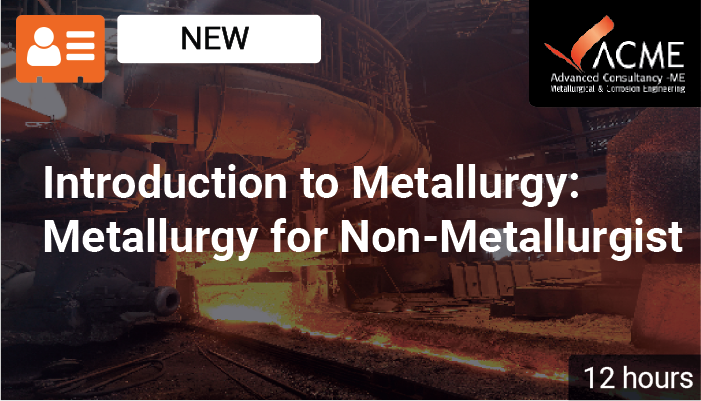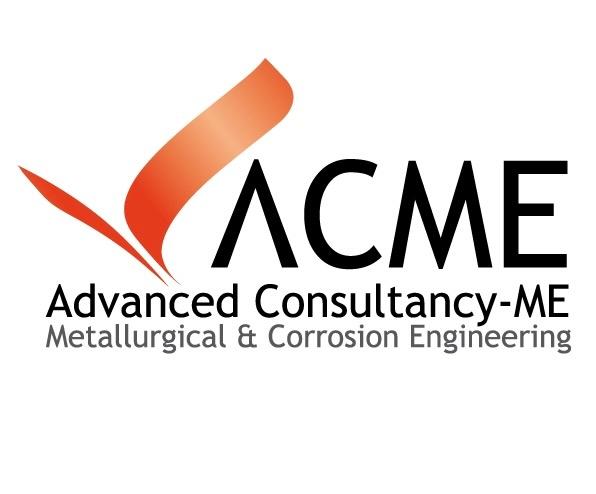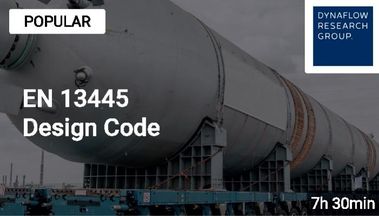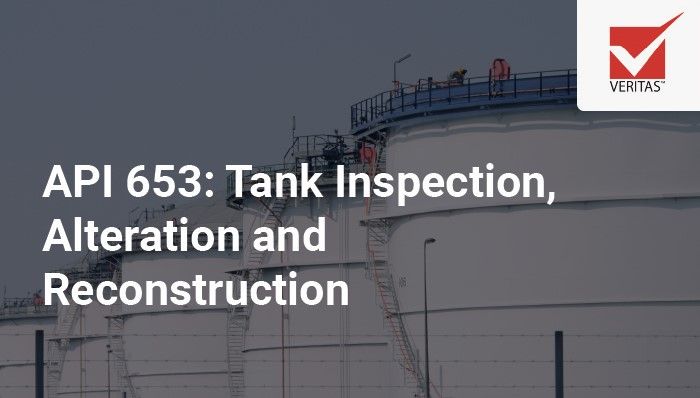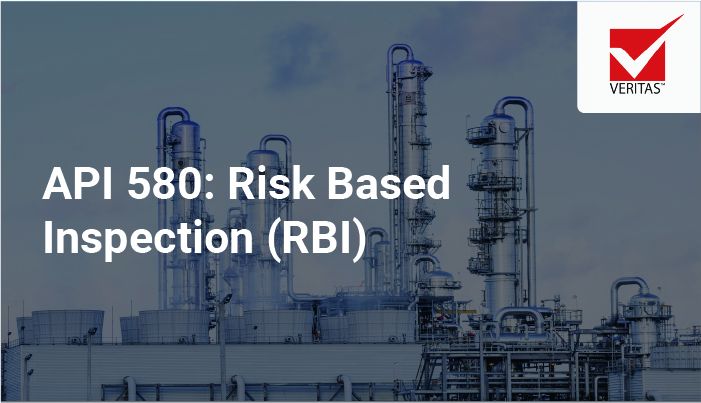Introduction to Metallurgy: Metallurgy for Non-Metallurgist
Join the Program
Virtual or Classroom
12 hr Content
2 Day program
Registration deadline: 15 July 2024
Custom Scheduling
Mimoun Elboujdaini
INCO3107
Format:
Instructor-led
Join the Program
To register multiple team-members at once, use the link below.
Need a dedicated version of this program for your team? Please contact us.
Course Objective
“To provide a comprehensive introduction to the field of metallurgy, targeted at individuals without prior knowledge or experience in this area.”
Private course for team
Custom scheduling
Industry Expert
On-site or virtual
1-year unlimited access
to up-to-date course materials
PDH Hours qualified course
Read more here
About the course
In-Company
Live sessions
12 hr Content
Custom
English
INCO3107
Improving professional knowledge by understanding the principles of metallurgy provides participants with a set of valuable skills that can be applied in various industrial sections. Regardless of the field of work, having a fundamental knowledge of metallurgy can contribute to better decision-making, problem-solving, and collaboration with metallurgical experts.
Metallurgy for the Non-Metallurgist is a course designed to provide individuals with a non-metallurgical background a basic understanding of metallurgy, the study of metals and their properties. This course aims to bridge the knowledge gap and familiarize participants with fundamental concepts and principles of metallurgy, enabling them to make informed decisions and effectively collaborate with metallurgical professionals.
The course will also provide an overview of metals and alloys and relates these to the mechanical and physical characteristics of metals. Moreover, the training course will contain discussions on ferrous alloys (plain and alloy steels, stainless steels, and cast irons) and non-ferrous alloys, including corrosive and high-temperature applications, such as nickel-based alloys.
The course consists of 12 hours of live sessions with the instructor. All training content is provided through your EngineeringTrainer account. After the course, you maintain 1-year unlimited access to the course, including any new course material. This allows you to perform modules again should you need to refresh your knowledge.
Questions? Contact us
hello@engineeringtrainer.com
+31 (0)85 058 0051
Monday - Friday, 9am - 6pm CEST

Meet your instructor
Program & Details
Definition and significance of metallurgy
Role of metallurgy in various industries
Types of metals and their propertiesUpstream and downstream operations
Processes involved in extracting metals from ores
Techniques used in refining metals and improving their purity
Overview of pyrometallurgy, hydrometallurgy, and electrometallurgy
Mechanical properties of metals (strength, hardness, toughness, ductility)
Chemical properties of metals and their reactivity
Importance of heat treatment in metallurgy
Different heat treatment processes and their effects on microstructure and properties of metals
Common heat treatment techniques: annealing, quenching, tempering, etc.
Casting: Introduction to the casting process and its variations
Rolling: Understanding the rolling process and its applications
Forging: Overview of forging techniques and their advantages
Extrusion: Explanation of the extrusion process and its uses
New construction or replacement materials
Specification of HIC‐resistant steel
Avoidance of HIC-New linepipe.
Recommended specification for hydrogen embrittlement linepipe.
Introduction to corrosion and its causes
Common types of corrosion and their effects on metals
Exploring real-world applications of metallurgy in industries like aerospace, automotive, electronics, construction, and energy
Case studies highlight the role of metallurgy in specific applications.
Results
After this course, you...
understand the role and significance of metallurgy in industry.
have a good overview of the different types of metals and their properties.
have seen how metals are extracted from ores and refined, including purification techniques.
know about metal heat treatment techniques such as annealing, quenching and tempering, and the effect on the microstructure and properties.
have a good overview of the different metal forming techniques, their advantages and disadvantages, and for which applications each technique is typically used.
know the concepts of common corrosion mechanisms, what are the drivers and which types of metals are susceptible.
Who should attend this course
This course is designed for a wide range of individuals who may benefit from understanding the basic principles and concepts of metallurgy. Starting engineers can use this course as a foundational resource to understand the principles of metallurgy.
Prerequisites:
While this course on Metallurgy for Non-Metallurgists is designed to be accessible for individuals without prior knowledge or experience in metallurgy, having a basic understanding of materials science can be helpful.
Level: Beginner
Live sessions
This course consists of instructor-led group sessions, these group sessions can be Virtual or Onsite. During these sessions participants can ask questions to the instructor which are discussed, as well as questions submitted beforehand in the learning portal.
After each live session used slides and exercise documents are made available to participants on the learning portal. Please note that for privacy reasons no recordings of the live sessions are made or provided. You receive 1-year unlimited access to the online course material. This allows you to watch content again if this is beneficial for your daily work activities and benefit from any material updates.
The live sessions are scheduled together with the customer and are private for their team only.
Typically the training course would be scheduled as:
Virtual: 4 sessions of 3 hours each
Onsite: 2 days of 6 hours
After the course participants receive 1-year unlimited access to the slides and exercise documents used within the sessions via the learning portal. This allows them to review material when required to refresh their knowledge for daily work activities.
A personal digital certificate will be made available to each participant upon full attendance.
Example Certificate:
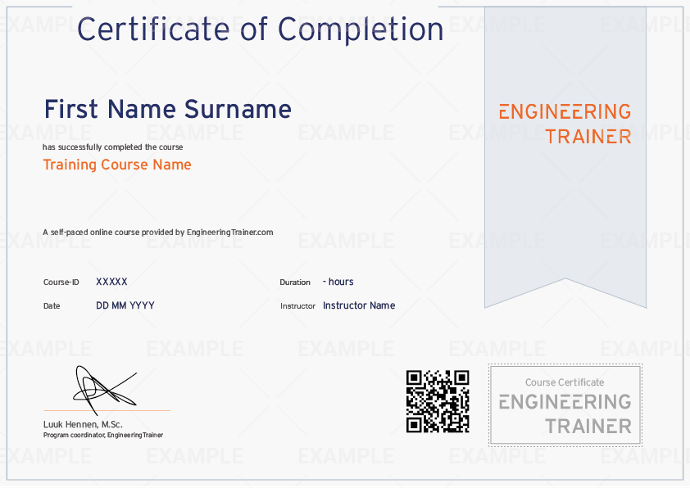
FAQ
This course consists of instructor-led live sessions which consist of presentations, demonstrations and discussions of questions. During each live session participants can ask questions to the instructor (through chat or microphone) which will be answered.
Please note that for privacy reasons no recordings of the live sessions are made or provided.
The training material used in the live sessions, for example the slides or exercises, will be available in the EngineeringTrainer portal for a year after the date of the training allowing you to refresh your knowledge or review material if needed.
No, course content is not available for download.
The training material used in the sessions, for example the slides or exercises, will be available in the EngineeringTrainer portal for a year after the date of the training allowing you to refresh your knowledge or review material if needed.
Please note that for privacy reasons no recordings of the live sessions are made or provided.
Yes, interactive Q&A sessions are part of the live sessions in this course and allow you to interact with the instructor and ask questions.
To respect the privacy of the participants the live sessions will not be recorded, and as such the live sessions cannot be played back. Therefore it is important for all participants to block the time slots of the live sessions in their calendars and be present.
No software licenses are provided as part of this course.
Yes, this course qualifies for PDH hours as per the NCEES CPC Guidelines.
Related Courses
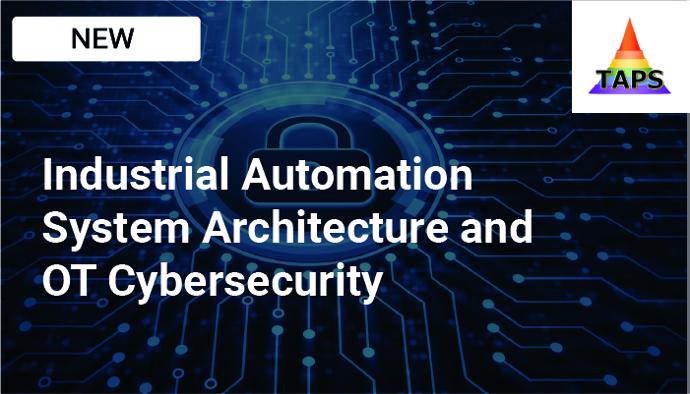
Virtual or Classroom upon request
Industrial Automation System Architecture and OT Cybersecurity
